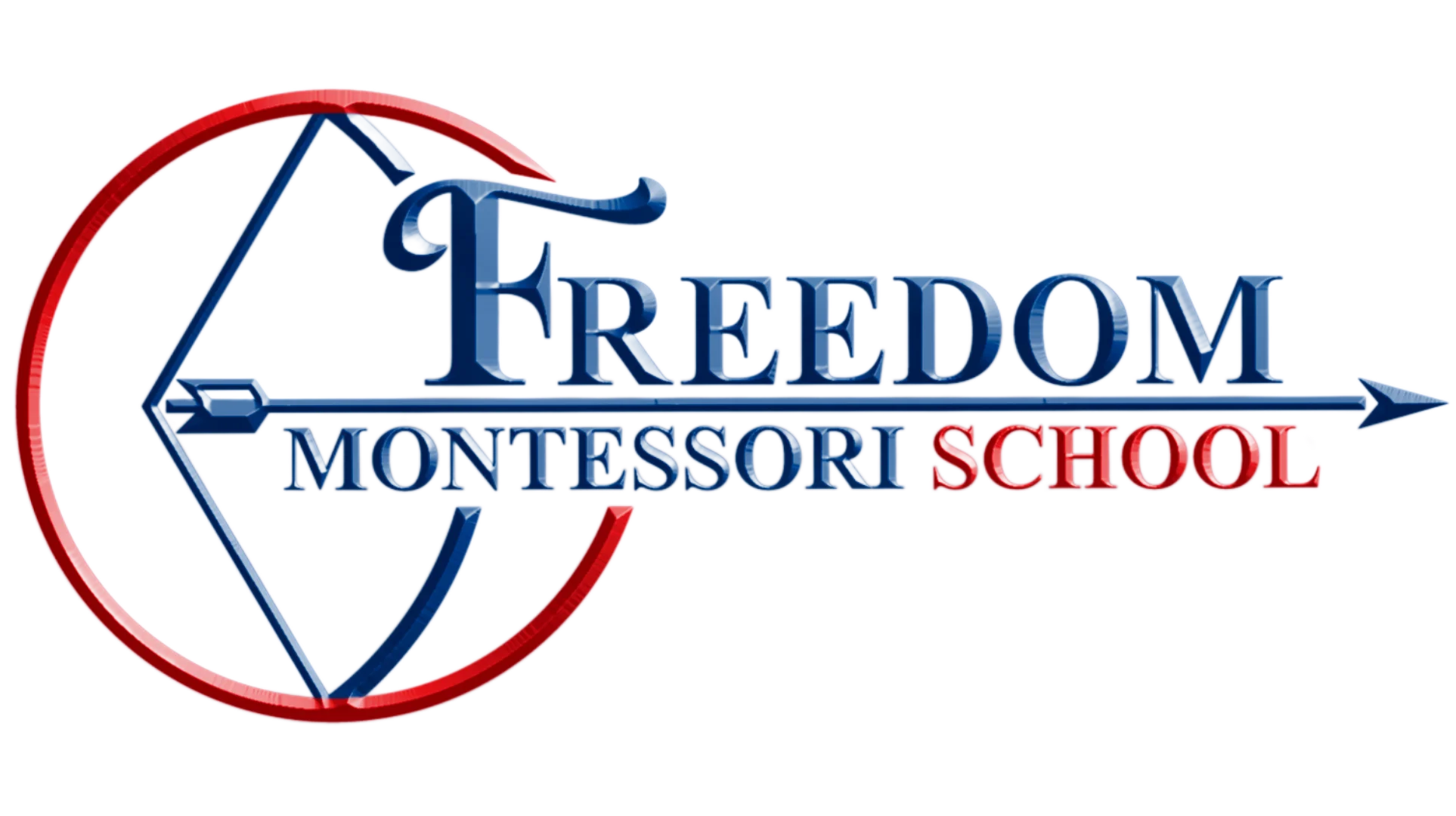Preschool Enrichment Programs
All our enrichment programs are included in our curriculum at no additional cost to parents.
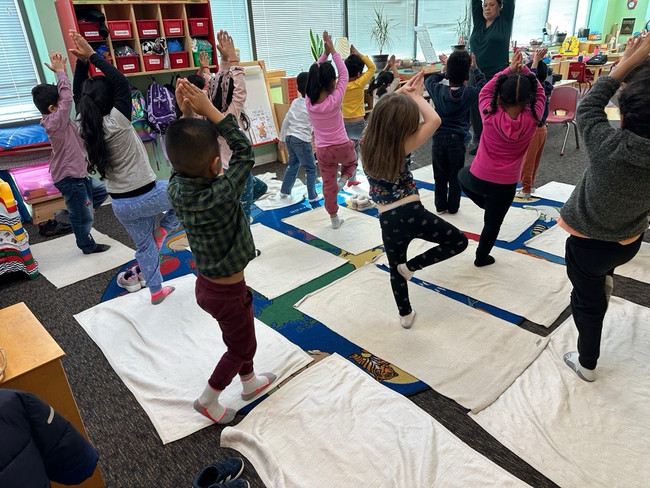
Yoga
Yoga in a preschool promotes physical well-being, balance, and mindfulness. It helps children develop body awareness, flexibility, and relaxation techniques.
Through playful poses and breathing exercises, young learners cultivate focus and self-regulation, aligning with the Montessori philosophy of fostering independence and self-discipline in a calm, supportive environment.

Spanish
Introducing Spanish in a Montessori preschool enriches language development during a critical period for learning new languages.
By introducing children to Spanish through songs, stories, and interactive activities, they not only acquire basic vocabulary but also gain an appreciation for diverse cultures.
Freedom Montessori School’s language immersion approach complements Montessori’s global, inclusive vision of education.
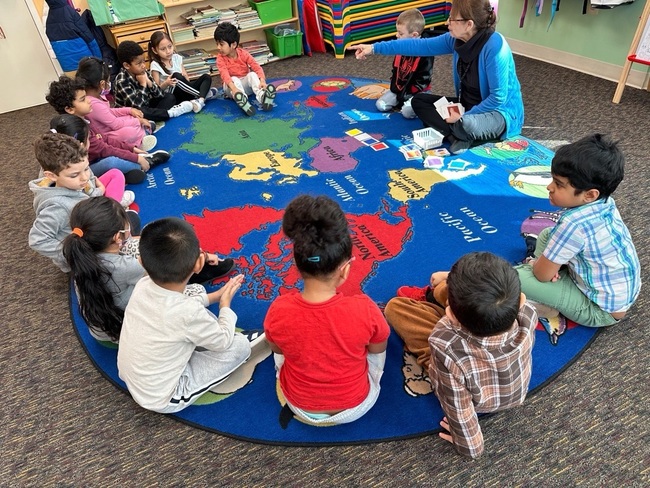
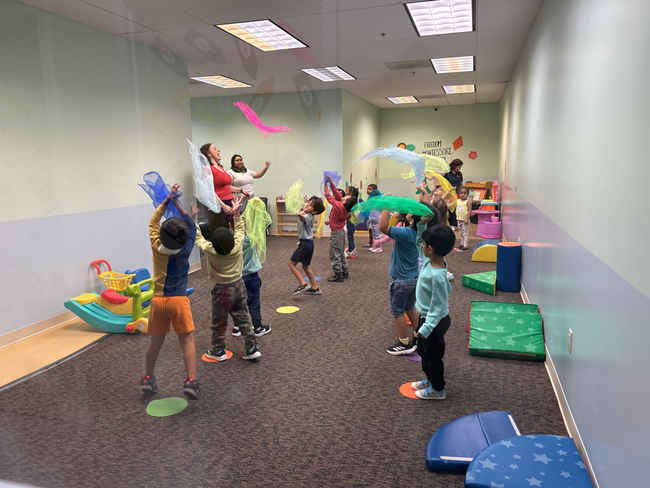
Arts
Arts enrichment nurtures creativity and self-expression in Montessori preschools. Children engage in activities like painting, sculpting, and drawing, which enhance fine motor skills and imaginative thinking.
Art fosters a sense of autonomy, as students are encouraged to explore different mediums and techniques, reflecting Montessori’s emphasis on independent exploration and hands-on learning.

Music
Music in a Montessori preschool supports auditory development, rhythm, and coordination. Singing, movement, and instrument exploration encourage children to appreciate music’s structure while enjoying creative play.
Music education aligns with Montessori’s holistic approach, enhancing concentration and emotional expression, and integrating seamlessly with the curriculum’s sensory and cultural elements.
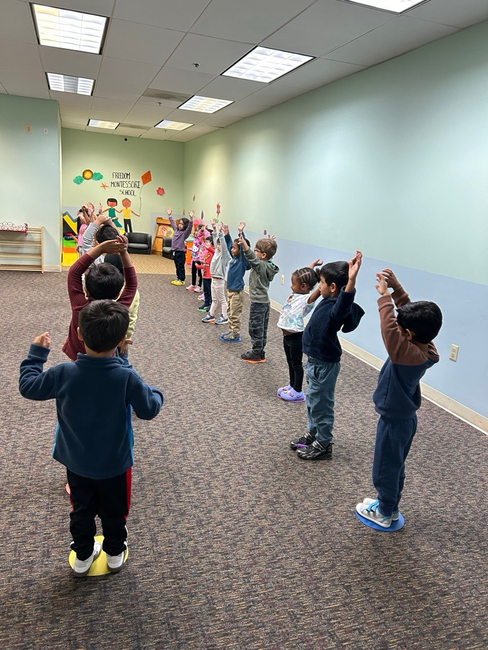
Frequently Asked Questions
Q : At what ages do you accept students?
Q : Can I enroll anytime?
Q : What are your school hours of operation?
Q : What will my child’s typical day be like?
A : Of course, the typical day is different for each age group but in general, all programs start the morning with a quiet activity like puzzle/reading etc. This is followed by Montessori education in each of the five key areas that are mentioned below. Then, the children enjoy outdoor time, followed by lunch, and naptime (for appropriate age groups). After lunch/naptime, each program participates in small group-based learning activities and social time. Please refer to our classroom schedule for more details.
Ask a Question
